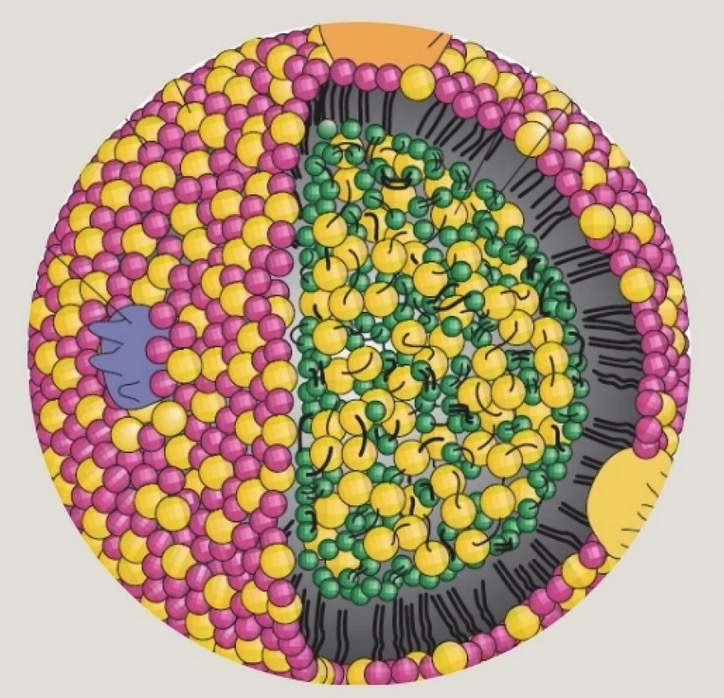TLDR - Saturated Fat is good for you. Linoleic acid (seed oils, vegetable oils) oils are bad for you.
https://doi.org/10.1136/bmj.i1246 (full paper)
The MCE (1968-73) is a double blind randomized controlled trial designed to test whether replacement of saturated fat with vegetable oil rich in linoleic acid reduces coronary heart disease and death by lowering serum cholesterol. Recovered MCE unpublished documents and raw data were analyzed according to hypotheses prespecified by original investigators. Further, a systematic review and meta-analyses of randomized controlled trials that lowered serum cholesterol by providing vegetable oil rich in linoleic acid in place of saturated fat without confounding by concomitant interventions was conducted.
The intervention group had significant reduction in serum cholesterol compared with controls (mean change from baseline −13.8% v −1.0%; P<0.001). Kaplan Meier graphs showed no mortality benefit for the intervention group in the full randomized cohort or for any prespecified subgroup. There was a 22% higher risk of death for each 30 mg/dL (0.78 mmol/L) reduction in serum cholesterol in covariate adjusted Cox regression models (hazard ratio 1.22, 95% confidence interval 1.14 to 1.32; P<0.001). There was no evidence of benefit in the intervention group for coronary atherosclerosis or myocardial infarcts. Systematic review identified five randomized controlled trials for inclusion (n=10 808). In meta-analyses, these cholesterol lowering interventions showed no evidence of benefit on mortality from coronary heart disease (1.13, 0.83 to 1.54) or all cause mortality (1.07, 0.90 to 1.27).
Available evidence from randomized controlled trials shows that replacement of saturated fat in the diet with linoleic acid effectively lowers serum cholesterol but does not support the hypothesis that this translates to a lower risk of death from coronary heart disease or all causes.


Notes:
This is a real banger, two RCTs didn’t publish all of their data which showed seed oils increased cardio vascular risk. Academic fraud.
They redid the original studies math using ALL the data and came up with contradictory findings.
Ooph, talk about mixing variables.
Seed oils lower cholesterol! It works
figure 5 - risk of death
figure 6 - death vs serum cholesterol
figure 7 - meta-analysis of RCT hazard ratios for different fats
They were lying the whole time, the original study publishers.
figure 8 - linoleic acid vs historial intakes
figure 10 Diet-heart timeline: key research and policy events.
This is the saddest slide of all, 60 years of bad policy advice leading to worse health outcomes for people around the world.
Summary:
This is one of the few papers that make me mad. The research is good recalculating the actual results from the available raw data. I’m glad it got published, I’m sorry it was 60 years too late.
Am I reading fig 6 correctly:
The population of the study were more likely to survive the more cholesterol* they had
*actually lipoproteins - and given the date of the original data “total cholesterol” with no differentiation between HDL and the various sizes of LDL
Aside: Do you know why we call the lipoproteins “cholesterol”, is it that they were originally thought to be free cholesterol?
Yes, that is 100% accurate. The lower the cholesterol the higher the death rate. That is a very sad slide
When lipo proteins leave the liver they are completely filled with cholesterol. As they deliver cholesterol around the body, they shrink. So VLDL into IDL into LDL.
I think the word cholesterol is just used as a shorthand. And then lay people just talk about it like cholesterol. It’s not wrong, it’s also not totally correct. Damaged LDL has no cholesterol inside of it anymore. And is very tiny.